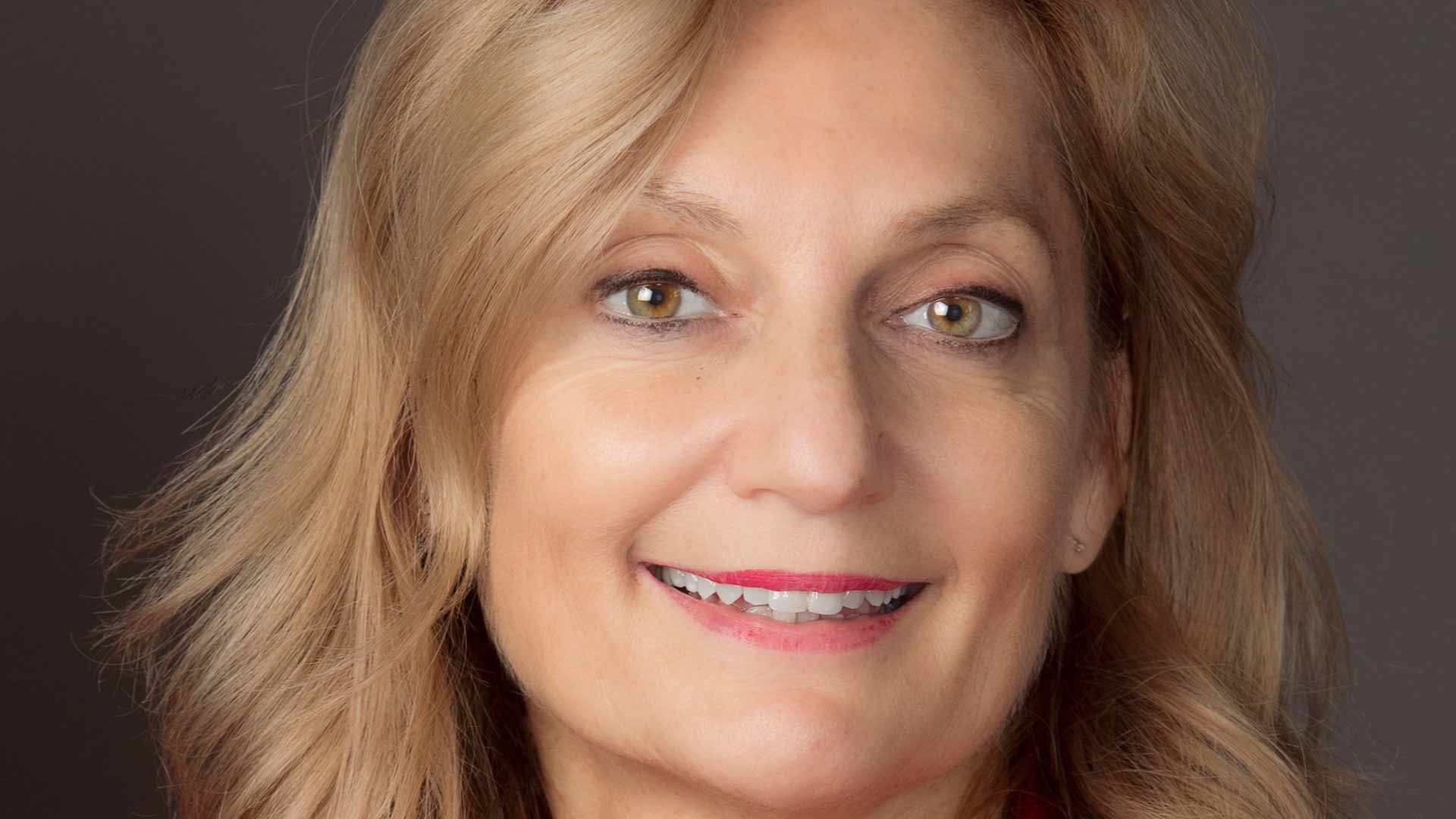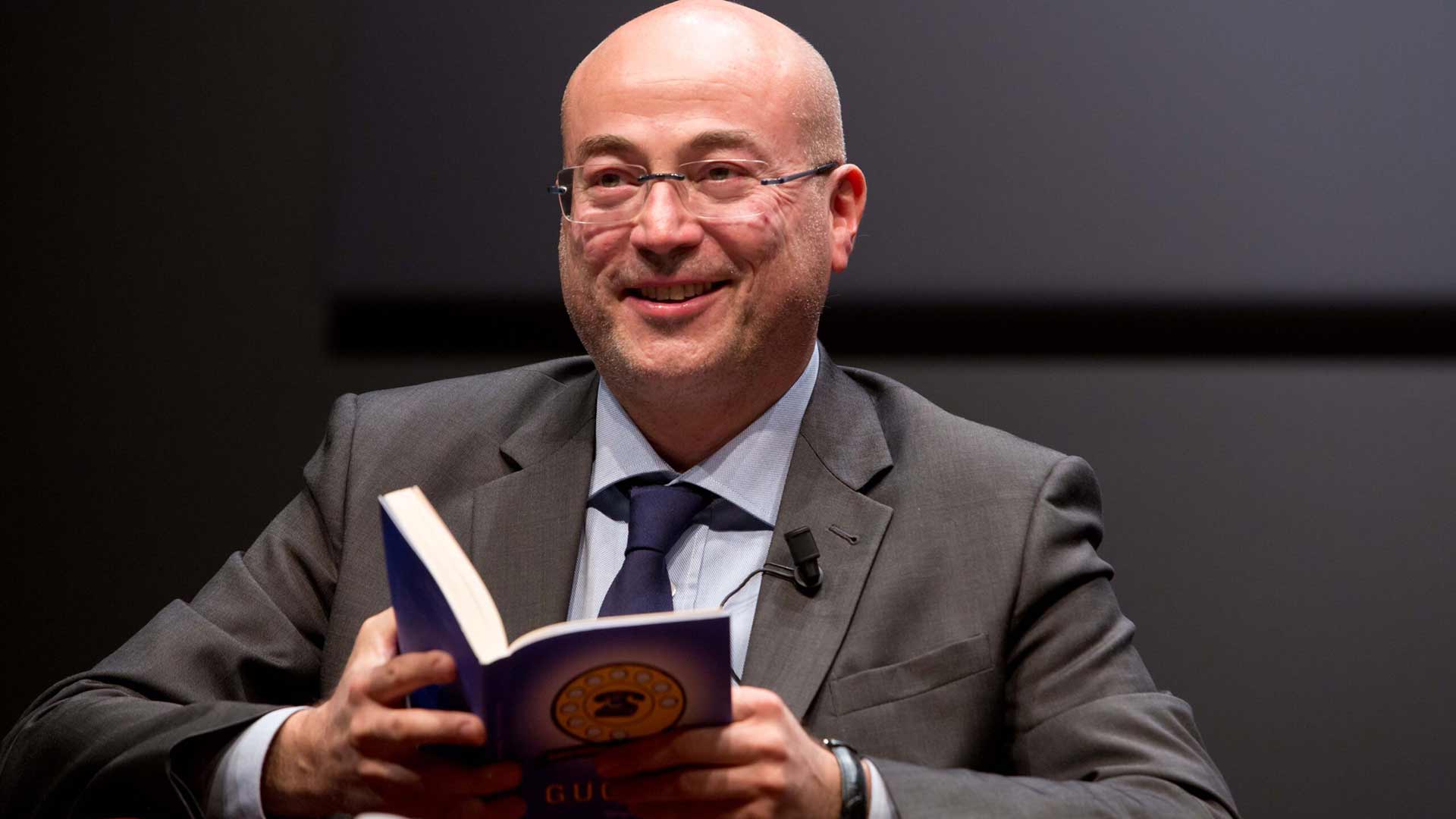You are viewing your 1 free article this month. Login to read more articles.
HarperCollins is speaking our language, and many others from around the globe
Chantal Restivo-Alessi on HarperCollins’ foreign language programme 10 years on, ‘glocal’ publishing and her hopes for Frankfurt.
Since Chantal Restivo-Alessi took on the role of c.e.o., international foreign language at HarperCollins, the publisher’s foreign language programme—launched following the 2014 acquisition of Harlequin, which added more than a dozen international publishing offices to the company’s operations—has expanded to span from Brazil to Japan, with offices across Europe. Restivo-Alessi says of the launch of the programme: “We really didn’t have much of a trade [foreign language] business at all, and we’ve gone to $100m revenue from nothing, pretty much.” In the beginning, the company was “really focused very much on having big authors (such as Daniel Silva and Karin Slaughter), all coming from the ‘motherships’, I call them, the UK and the US”, she explains. But in the subsequent decade, Restivo-Alessi is proud of the decentralisation from the UK and the US.
“All the businesses are run independently 99% of the time,” she adds. “There is total respect for local culture. They are absolutely publishers in their own right [and] they’re growing from small bases, but they’ve grown enormously.
“One of the things I’m most proud of is that the majority of our publishing, 75%, is now local. Local doesn’t mean domestic, it doesn’t [just] mean a French author in France. It means that they buy rights. They’re totally making their choices independently of the ‘mothership’, with the difference that occasionally there might be a project where we all work together. Everyone has their own creativity and their own teams, but what we try to do is communicate and share and optimise.”
She describes the way the operation works now as “glocal”: “We kind of try to operate ‘glocally’. So some things are global, a lot of things are local. And what we try to do on the global level is really share as much as possible, so that we bring our skill sets and our knowledge to the countries. We try to bring that knowledge very quickly to a local market to make them the best possible publishers in the local market. A drive from the centre is not how it works. It’s much more of a pull from the country.”
At the upcoming Frankfurt Book Fair, Restivo-Alessi is looking forward to sharing the successes of international authors making waves in different markets. “What I’m super proud of is that we have local authors, like Aldo Cazzullo, for example, or Pope Francis—projects that originated not in the English language world, but in the international. Or Stéphane Allix from France, which we’re now selling in Italy. So what’s happening naturally right now is having these big local authors and people coming together to identify opportunities from each other’s publishing that didn’t exist before. It’s really great to see. So [Italian author] Cazzullo will be published in France in the coming weeks, and he will be published in the US and the UK in the spring. That’s what I’m looking forward to, the expansion of this network of people.”
She describes Frankfurt as “a key moment where we bring all the editors together from all the markets” to talk about one another’s projects, what they’re excited about and what is coming next, the trends, citing The Pumpkin Spice Café from BookTok star Laurie Gilmore (the pen name of Melissa McTernan) as an example of one of “those projects [that] happen naturally”.
Of the markets doing particularly well right now (of which she says “all are growing nicely”) Restivo-Alessi highlights Spain—where “we tripled our business in the last few years”—and Brazil. She notes that in Spain the publisher is doing especially well in the non-fiction space, with titles such as Sandra Moñino’s healthy eating title Adiós a la inflamación (Goodbye to Inflammation), while Brazil is doing “an excellent job” tapping into global trends. “There are two big trends worldwide. One is escapism, like romantasy or fantasy, and the other is that search for meaning, search for hope. Pope Francis’ book is one example of the latter, Bible sales, too, which are growing globally. And Brazil is really tapping into this side of the trends, but they’re also succeeding with bringing the big brands that we own, like Agatha Christie and Tolkien, to new generations of consumers. And Brazil is such a young market, it’s really great to see how readers are embracing these evergreens.”
Restivo-Alessi says in Brazil the emphasis on the “beautiful” print product is key (noting that “e-books are not thriving” and that “audio still [has] a long way to go for growth” in the country). She adds: “They repackage the product, making it really high-end, adding value to the physical product to make it something desirable for the new generations and pricing it accordingly.
We kind of try to operate ’glocally’. So some things are global, a lot of things are local. And what we try to do on the global level is really share as much as possible – Chantal Restivo-Alessi, HarperCollins
“There are always opportunities in the other formats, but I think the most important thing is anchoring that value around the print product and making sure that we don’t forget that the younger generations are showing us how important that is. I think that’s fantastic for publishing.”
She attributes this emphasis on the print product in part to BookTok, which she likens to QVC. “I think the challenge for books has always been the visibility,” she explains. “How do we create visibility for so many beautiful products that we create? [BookTok] creates that sense of urgency around an exclusive version.” Restivo-Alessi hopes artificial intelligence can help rejuvenate the backlist and crack this visibility problem, all with an eye to “protecting our content”. She adds: “I think that AI can bring even more value by allowing us to work much more of the backlist, which is of incredible value to our business. Publishing is a very frontlist focused, but there’s a huge value in the backlist. The more we can help ourselves in figuring out what trends match with what content we might have in the vault [the better]. This is part of the international strategy as well. Good content is good content. So, our job is really making sure that we can make it as accessible as possible to consumers.”
Looking ahead, the plan is to grow the foreign language programme. “I’m really proud of the business we have built in the last few years, because it is unique. It was a bet; a different way of running things. [But] the countries and the teams have proven us right, and there’s only more growth. I think the growth will come organically, but we’re also looking for acquisitions and whether we can add to our scale in some of the key markets. We continue to be focused on growth internationally. It’s a 200-year-old business that I’m in with Harper in English, but the foreign language side is a decade old, so there’s a lot of growth that we are aiming for. And we’re ambitious. I’m very ambitious.”













